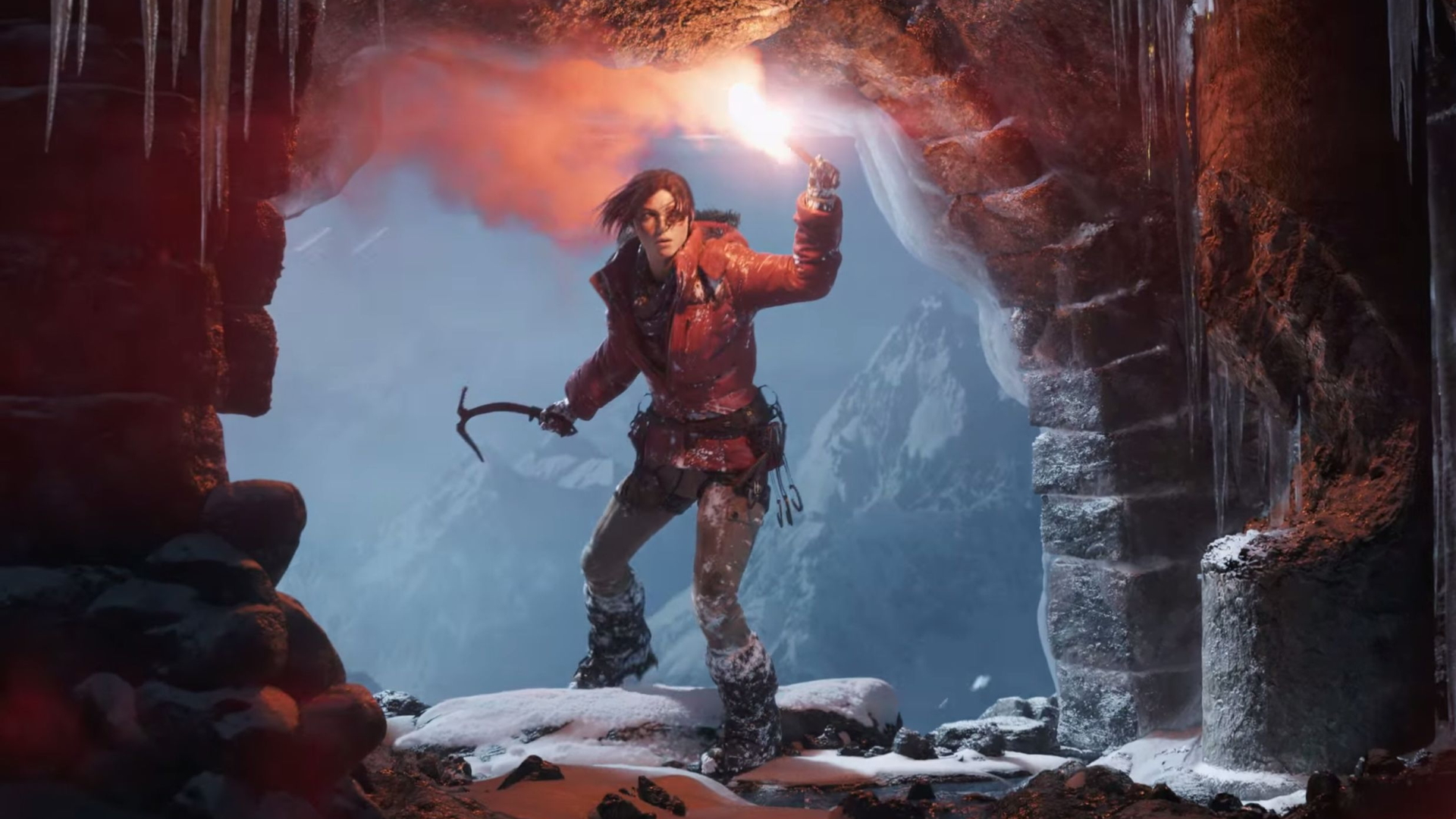
Imagine you're a child. Imagine you're out in the park one day, and you find a shiny 50p. Also, imagine it's the 90s. Stick with me here.
You take your hard-earned pocket money to the corner shop, selecting for yourself a paper bag of sherbet lemons and some Opal Fruits ("what excellent, historically accurate detail," you say. "I am so totally immersed right now"). The huge, hairy shopkeeper looms at you. "It'll cost you extra if you want anything but yellow Opal Fruits," he booms. "Also, I'm out of sherbet lemons. You can have peeled grapes instead. Maybe come back tomorrow, but you'll have to pay again." You pay, unhappily, taking your yellow Opal Fruits (the worst flavour) and your peeled grapes. He doesn't give you a bag. "50p extra for a bag," he snorts, turning away to read his copy of Smash Hits.
Microtransactions are the peeled grapes of our time. We're so used to people putting up prices, charging more for our petrol, houses, and sherbet lemons, that we just keep wearily handing out coins in the vain hope that one day, we might actually own a thing and all the salespeople will just go away forever. Microtransactions are games companies taking advantage of this new sort of thing called FOMO - Fear Of Missing Out - which terrifies us so much that we will throw all the 50 pence pieces we've ever owned at whatever it is that makes us feel like we belong again.
For some of us, that thing is Twitter, and the currency we spend on it - to make sure we never miss a thing - is time. For many gamers, it's microtransactions, which give you access to extra game modes (the ones your friends might be playing) and customisable things like outfits and weapon skins (the ones your friends might all have, and they'll judge you if you have all the vanilla stuff). And if spending that money makes you happy, then what's the problem? It's your money, after all!
The problem is that your money should buy a solid investment in something. Increasingly, gamers are being treated like disloyal or "casual" customers if they buy only the base game. It started with pre-order bonuses and now it's moving onto microtransactions. It's like buying entry to a club, only to be told that all the cool stuff is upstairs in the VIP area. Wouldn't it be better not to know there was a VIP area? Whether it's extra emotes in Destiny, perks to make the game easier in Rise of the Tomb Raider, or just slightly nicer champagne and padded seating in VIP, if there's something we know is exclusive, it makes us feel inadequate not to have it. Like we aren't VIPs. We're just Ps. No one wants to just be a P.
Rise of the Bank Raider
When companies like Ubisoft start to charge in excess of $100 for extra in-game currency to buy weapons, outfits and missions, you know something's gone really wrong. Are they saying that these things are worth more than the base game? Are they saying that anyone who just paid the $60 to purchase the game are less valuable than those who buy microtransactions? How are the companies really making their money, and are they not making enough from the game sales themselves? How far will this go?
Destiny's microtransactions, announced this week (and mentioned by me earlier) will only allow the player to buy emotes, which are simply gestures that your character is able to make. They're entirely cosmetic and buying all the emotes in the world won't make you a better player. But many Tomb Raider's in-game purchases (also announced this week) will give you an advantage in leaderboard modes, while some, such as Big Head Mode, are also cosmetic. Cheat code have gone away - now we pay for them.
Get daily insight, inspiration and deals in your inbox
Sign up for breaking news, reviews, opinion, top tech deals, and more.
Microtransactions are difficult to form an opinion on, given how wildly different they can be. With free games like Hearthstone, they offer a deeper, more immersive experience for people who want to get more into the game, the same as real-world card games do. With games aimed at children, it can be an insidious way to market directly at younger, more impressionable minds who will transfer the marketing in a much more effective way to their parents.
But with games you've already paid a lot for, it's tricky - does it offer more for people who have the money, and want more? Does it encourage companies to raise prices? Will it devalue the customer who bought the game in favour of those willing to spend more? Unfortunately, given the relative newness of microtransactions, only time will tell. Maybe they'll die out, just like Opal Fruits. Here's hoping.